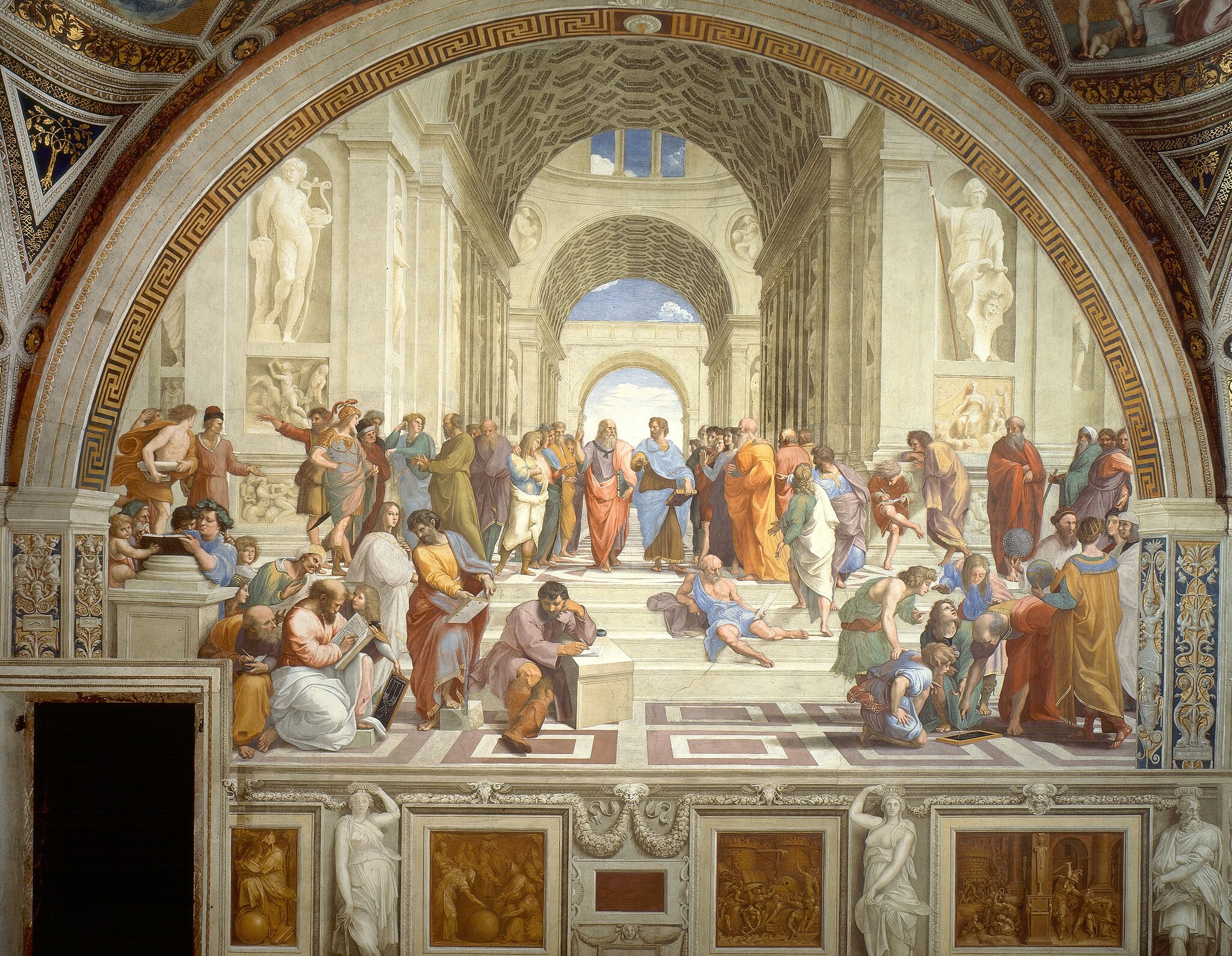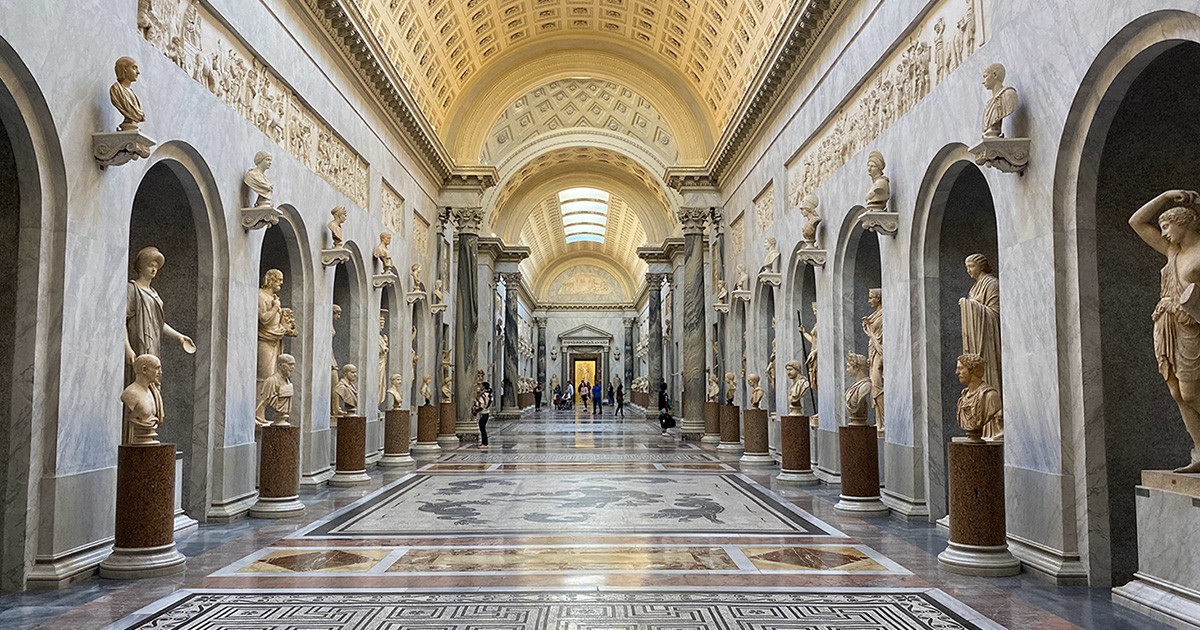
The Global Stage of Museums
Every city has its cultural heartbeat, but museums—those treasure houses of art, memory, and imagination—carry a special weight. They are not just buildings with objects inside; they are mirrors of civilization, reminders of beauty and conflict, genius and survival. Whether it’s standing before the enigmatic smile of the Mona Lisa in Paris or tracing centuries of dynasties through jade carvings in Taipei, the museum experience is about more than what’s on the walls. It’s about connection—to history, to humanity, to ourselves.
So where does one begin, when the world is so full of possibilities? Consider this your essential list: ten museums so influential, so rich in spirit, that they’ve become cultural destinations in their own right.
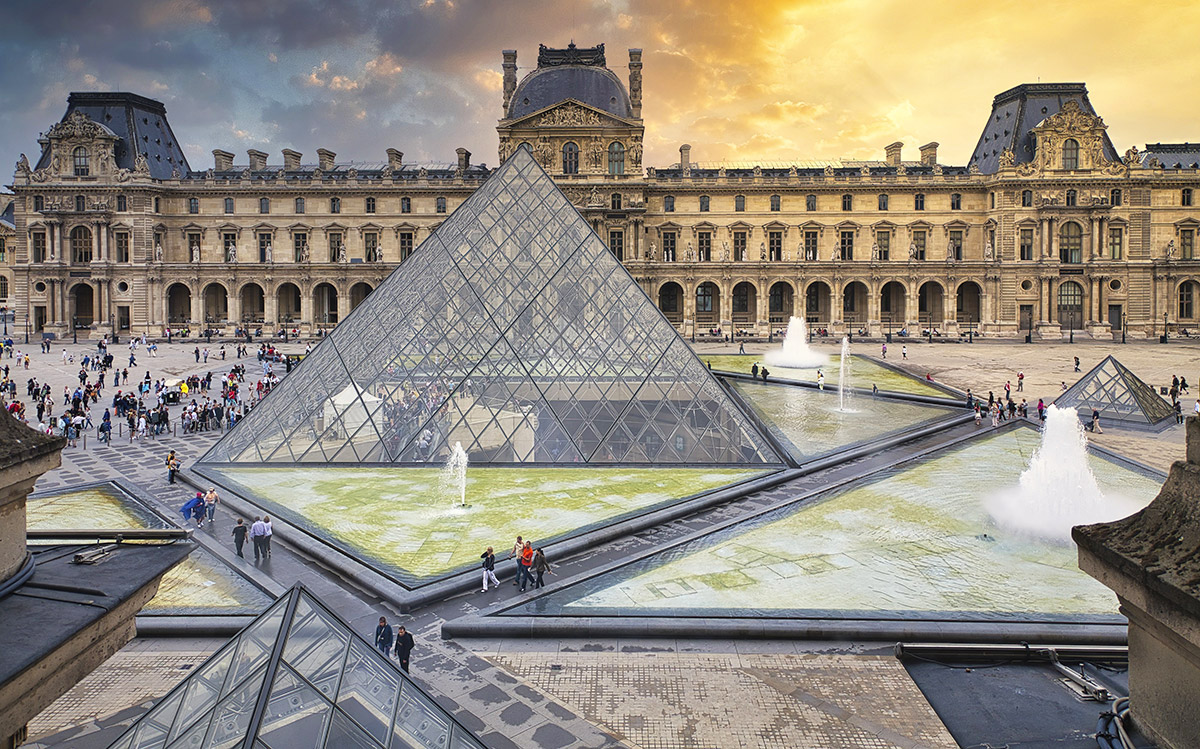
1. The Louvre, Paris
Few names evoke such instant recognition. The Louvre, once a royal palace, is now the crown jewel of Parisian art. With over 35,000 works on view—from ancient Mesopotamian tablets to Da Vinci’s most whispered-about portrait—it’s less a museum than a world in itself. One can wander its marble corridors for days and still stumble upon surprises.
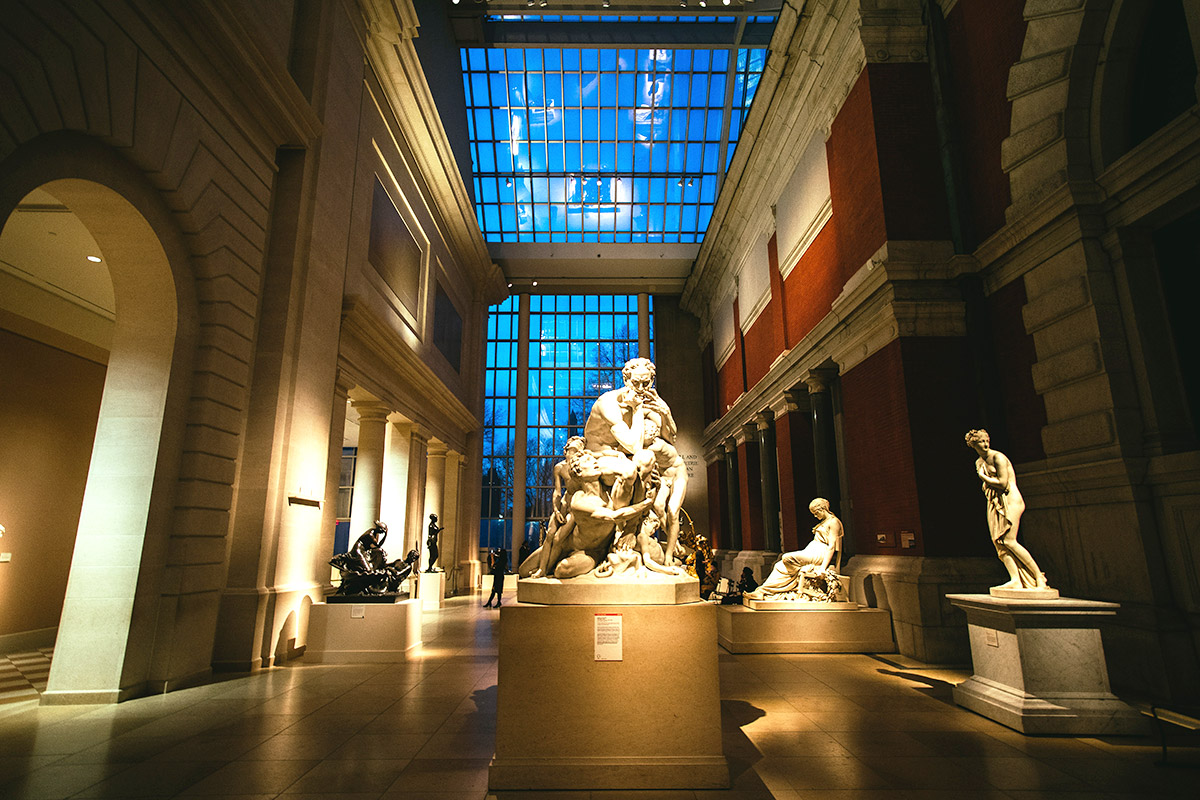
2. The Metropolitan Museum of Art, New York City
The Met is less of a museum and more of a time machine. Its vast collection—spanning 5,000 years and every corner of the globe—means you could move from Egyptian mummies to Van Gogh’s Irises in a single afternoon. Perched on Fifth Avenue, it remains one of the most beloved cultural anchors in New York.
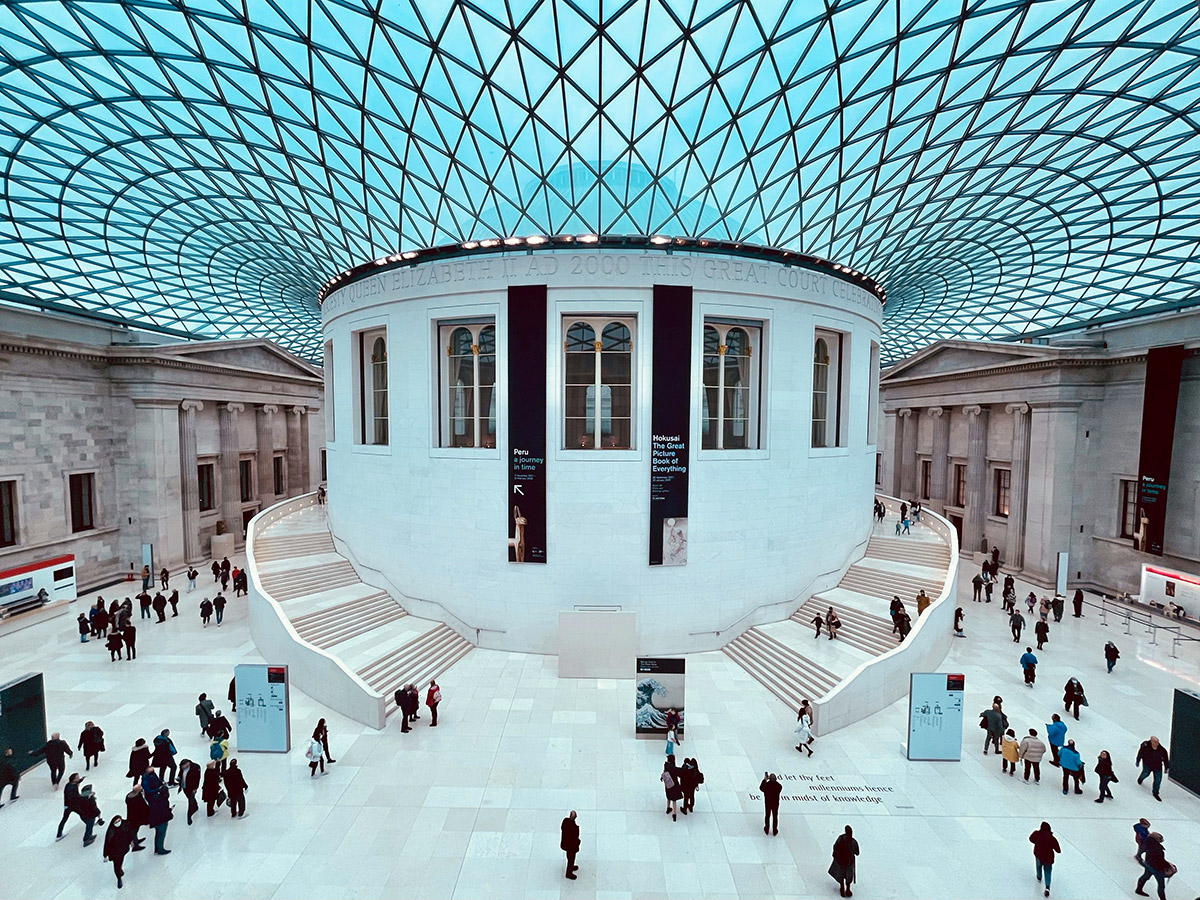
3. The British Museum, London
With over eight million objects, the British Museum tells a story both vast and complicated. From the Rosetta Stone to the Elgin Marbles, its collection reflects centuries of collecting, empire, and exchange. Today, it’s one of the most visited institutions in the world, where debates about heritage and ownership live alongside awe-inspiring displays.
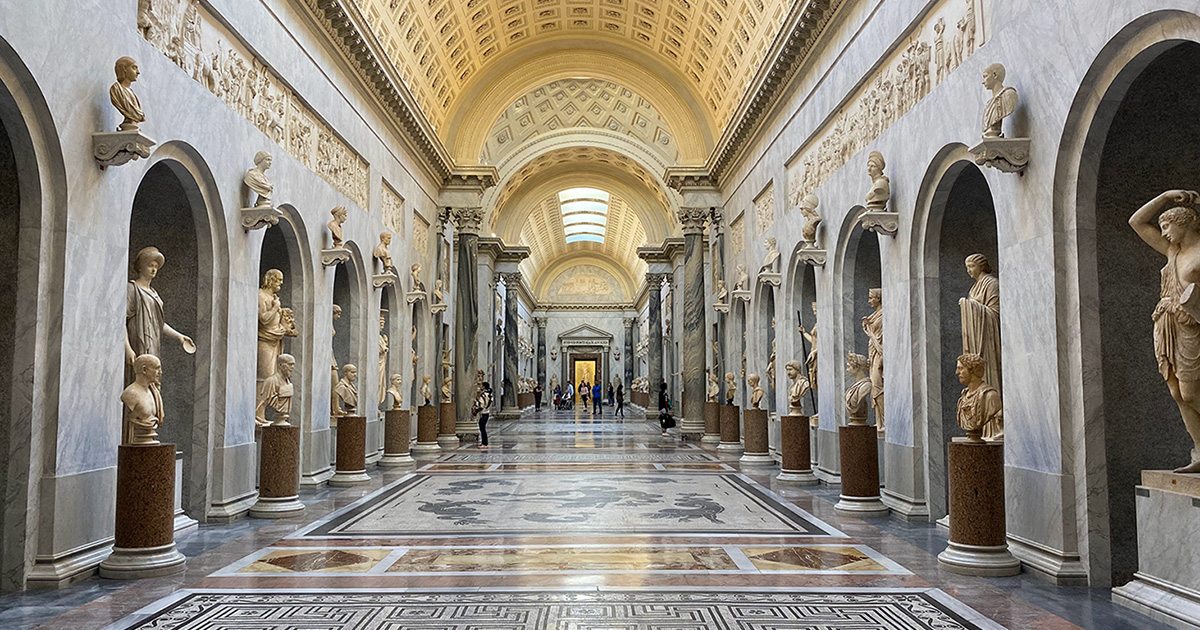
4. The Vatican Museums, Vatican City
A pilgrimage in every sense, the Vatican Museums hold treasures that define Western art. The Sistine Chapel ceiling alone—Michelangelo’s soaring vision of creation—is reason enough to go. But the galleries stretch far beyond, filled with ancient sculptures, Raphael’s frescoes, and rooms that feel like entire worlds unto themselves.
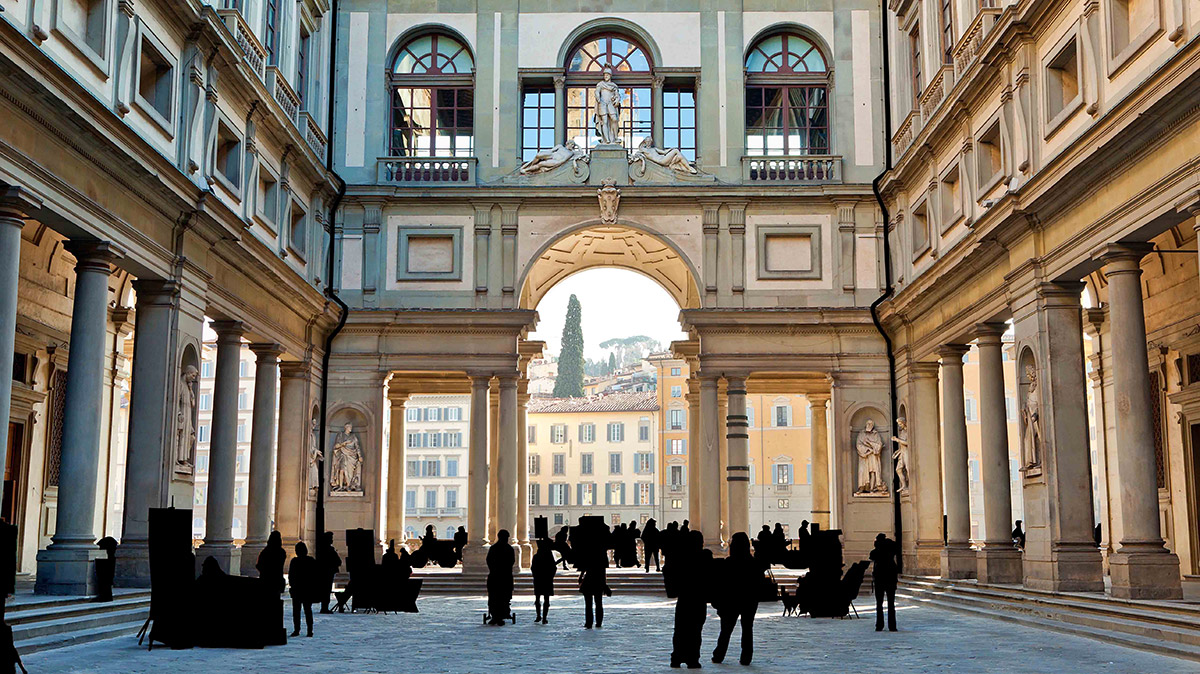
5. The Uffizi Gallery, Florence
The Renaissance breathes within these walls. The Uffizi, set in the heart of Florence, showcases Botticelli’s Birth of Venus and da Vinci’s Annunciation—paintings that shifted the very trajectory of Western art. Crowds may gather, but the intimacy of the work remains undiminished.
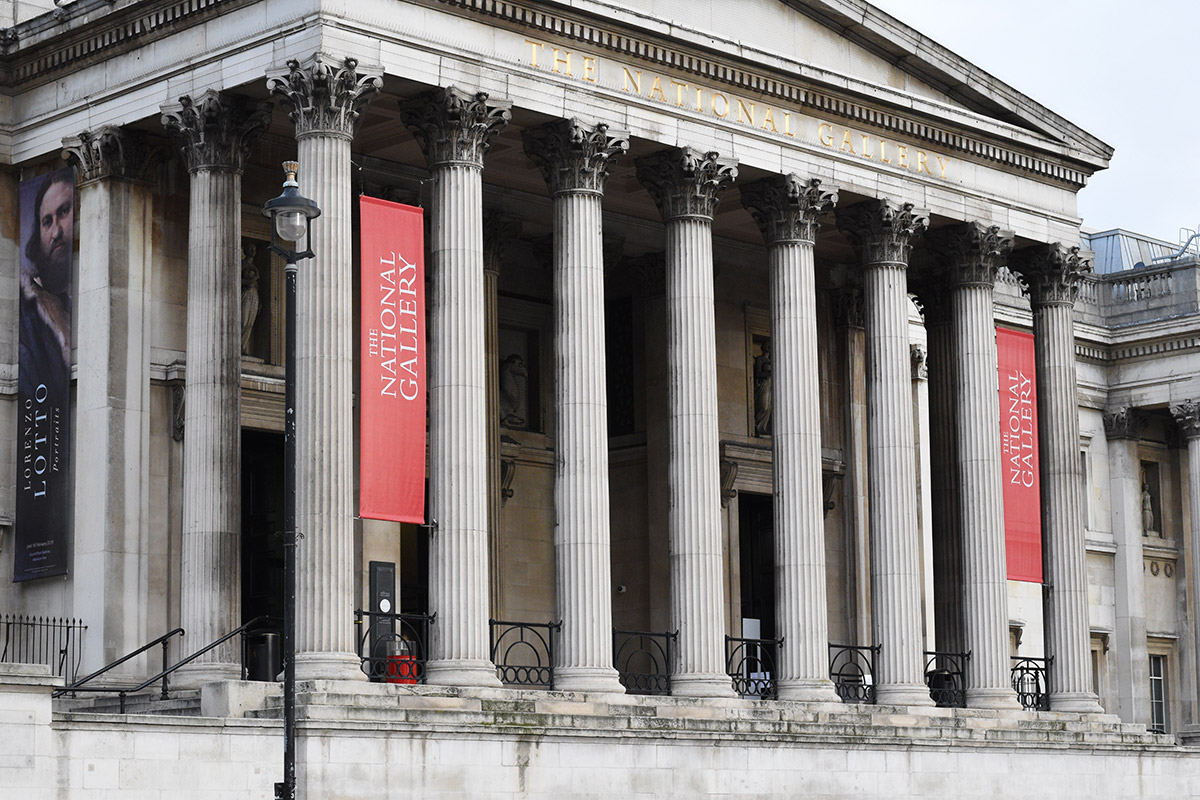
6. The National Gallery, London
Sitting proudly in Trafalgar Square, the National Gallery is both accessible and profound. Its collection spans European painting from the 13th to 19th centuries, a sweep that includes Turner, Constable, and Caravaggio. For many visitors, it’s the perfect balance: world-class art in a setting that invites lingering.
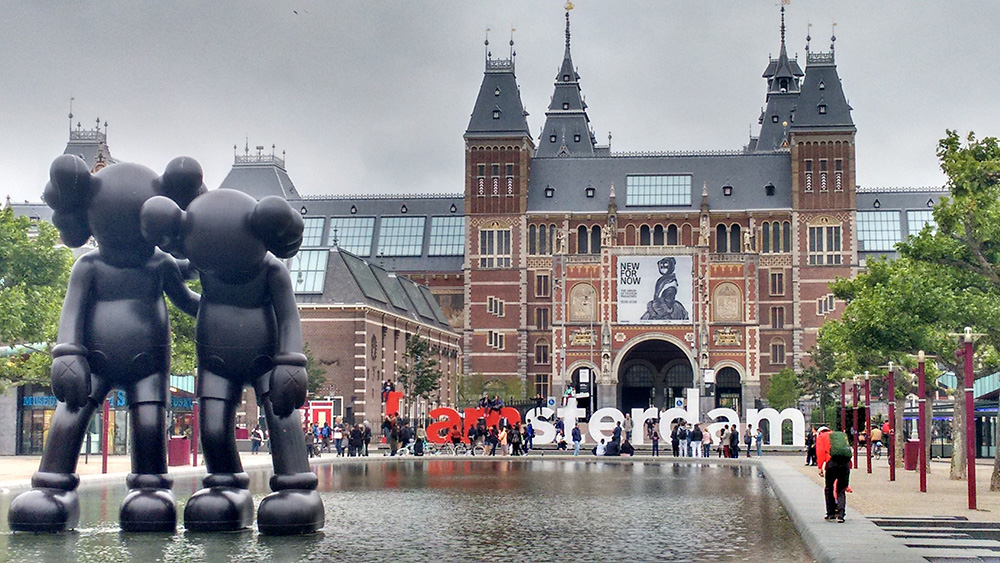
7 . The Rijksmuseum, Amsterdam
This Dutch landmark feels like a love letter to the Golden Age. With Rembrandt’s Night Watch and Vermeer’s Milkmaid among its treasures, the Rijksmuseum captures a nation at its artistic peak. The building itself—majestic, Gothic-Renaissance—adds a grandeur to the experience.
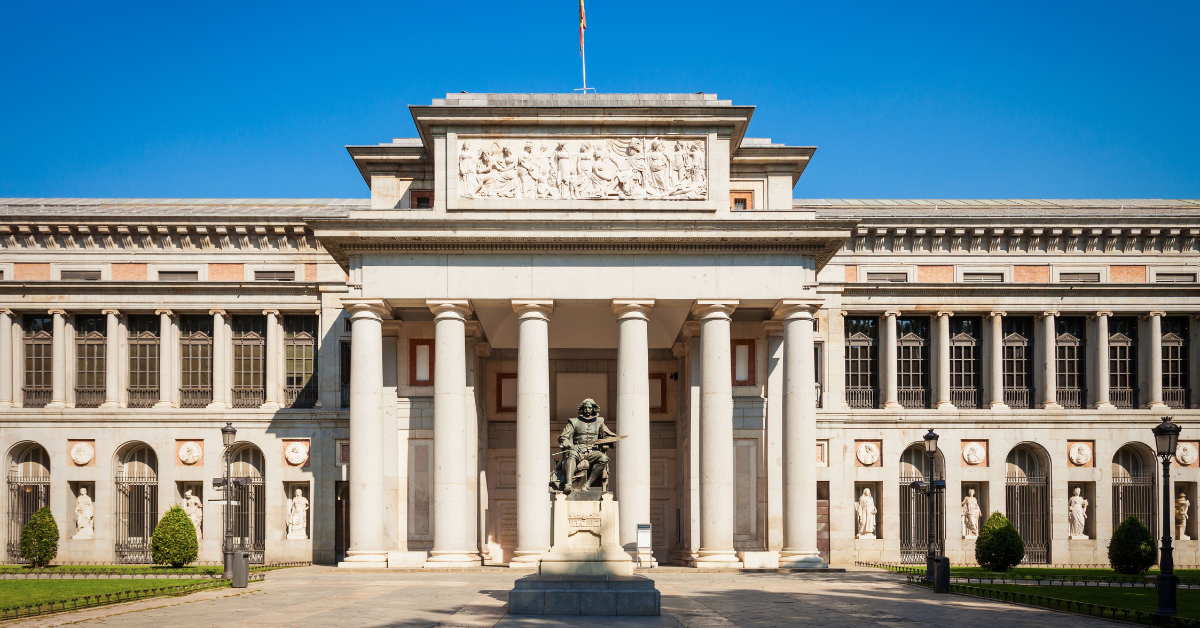
8 . The Prado Museum, Madrid
The Prado is the beating heart of Spanish art. Velázquez, Goya, and El Greco dominate the collection, their works speaking to the drama, mysticism, and politics of Spain’s past. Few museums are so deeply tied to a single country’s identity.
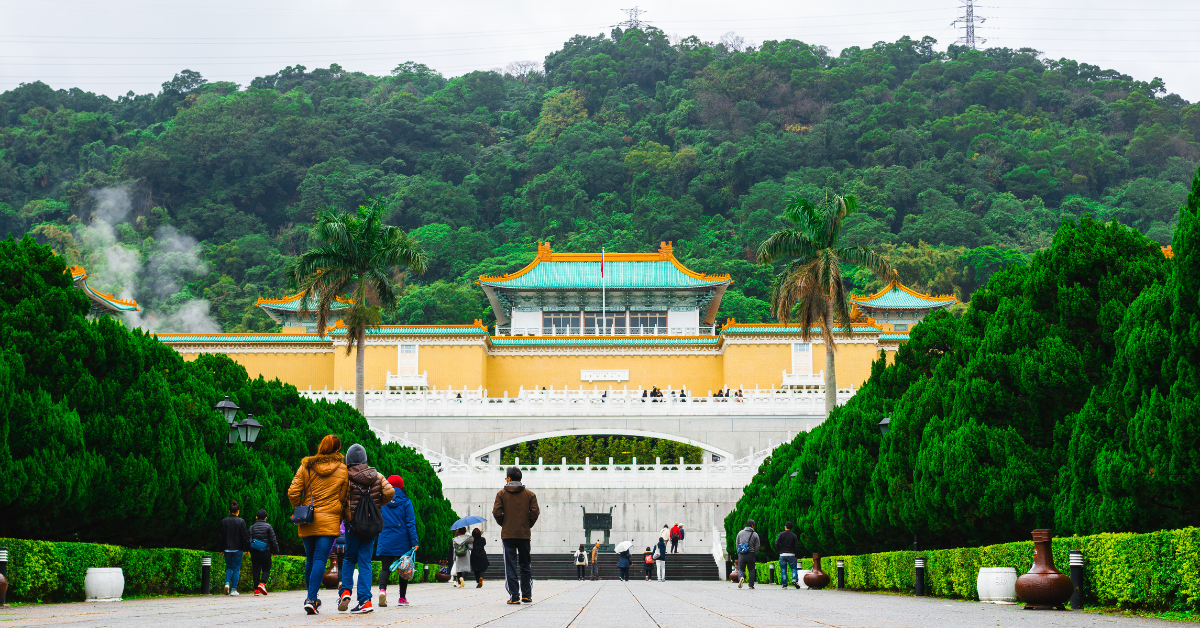
9 . The National Palace Museum, Taipei
One of Asia’s great repositories, the National Palace Museum preserves over 700,000 artifacts—bronzes, scrolls, porcelain—spanning 8,000 years of Chinese history. Much of it was moved from Beijing during the Chinese Civil War, making the collection itself a story of resilience and preservation.
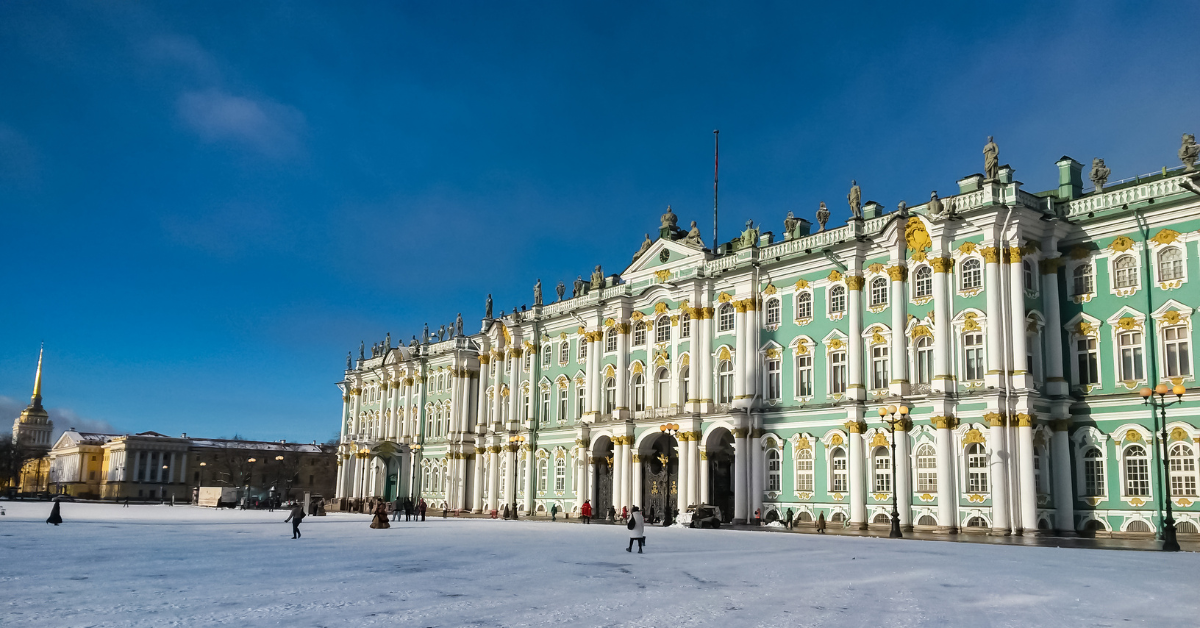
10 . The Hermitage Museum, St. Petersburg
Founded by Catherine the Great in 1764, the Hermitage is not just a museum but an empire of art. Its six buildings house over three million works, from Rembrandt to Matisse, with opulent interiors that rival the art itself. To wander its halls is to feel the sweep of Russian and European history intertwined.
Beyond the Icons
Of course, these ten museums are only the beginning. Every corner of the globe holds smaller, stranger, sometimes more intimate institutions that can spark just as much wonder. But these names—the Louvre, the Met, the Hermitage—stand as beacons. They remind us that museums are not dusty vaults, but living conversations across time.
So whether you’re planning your next trip or just daydreaming, add these to your cultural bucket list. After all, standing before greatness—even for a moment—changes how we see the world.
Similar Posts

The Sound Inside Us: How Music Rewires the Mind and Restores the Soul
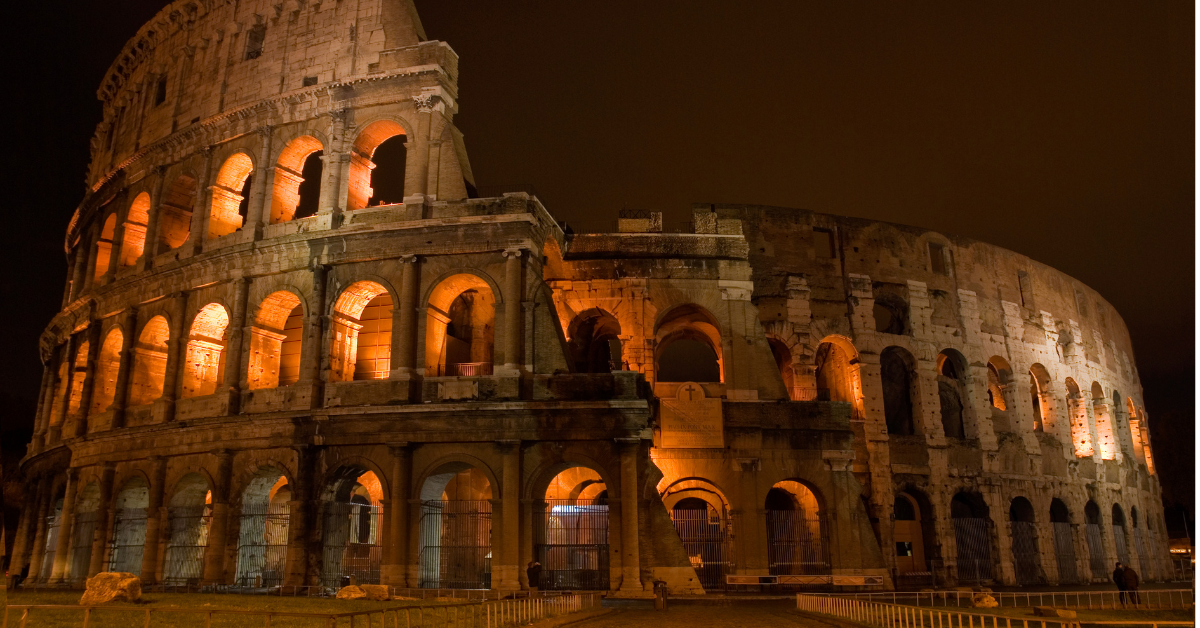
The Colosseum’s New Encore: From Gladiators to Global Music Stages

Experience World-Class Performances for Less with Tomorrow's Stars

Miami's Lincoln Road Turns Into a Free Open-Air Sculpture Garden for Miami Art Week 2025

From Sacred Rituals to Global Stages: A Living History of Theater
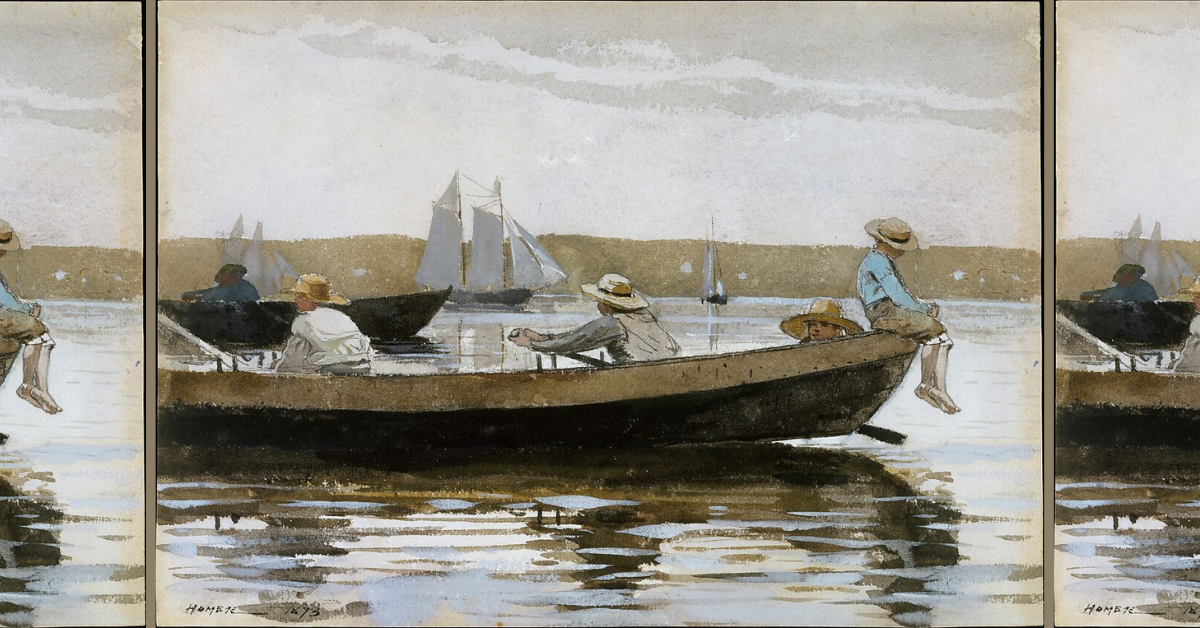
The Evolution of Culture Through the Arts
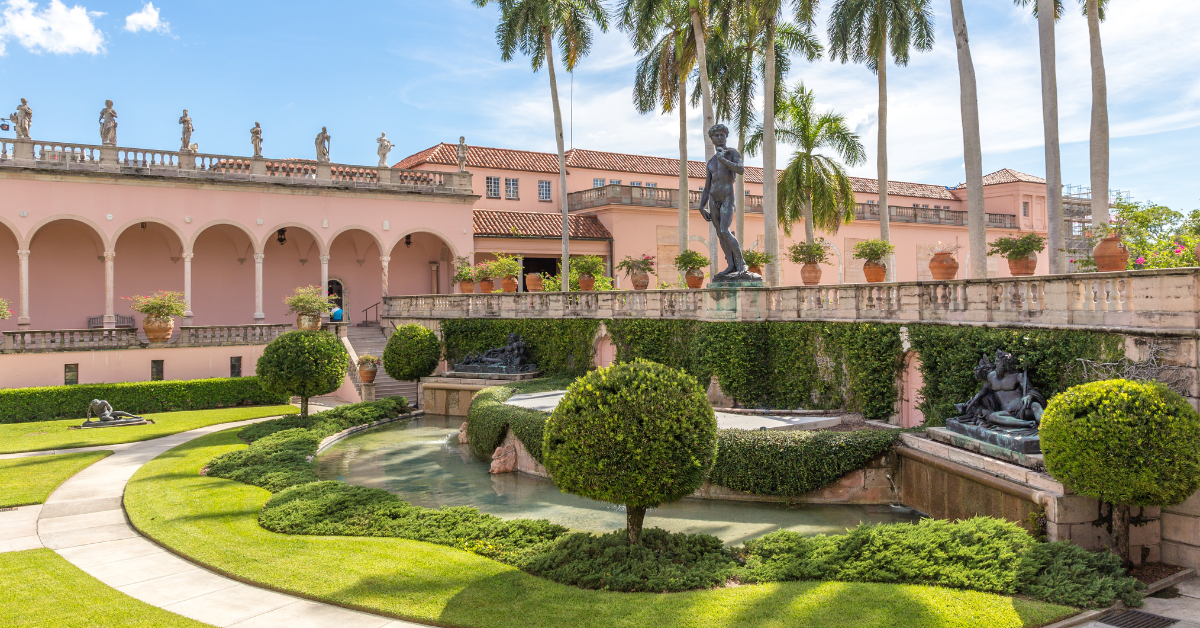
A Culture Lover’s Sarasota, Florida Guide: Art, Performance & Creative Things to Do

The Ultimate Hollywood Florida Arts & Culture Guide
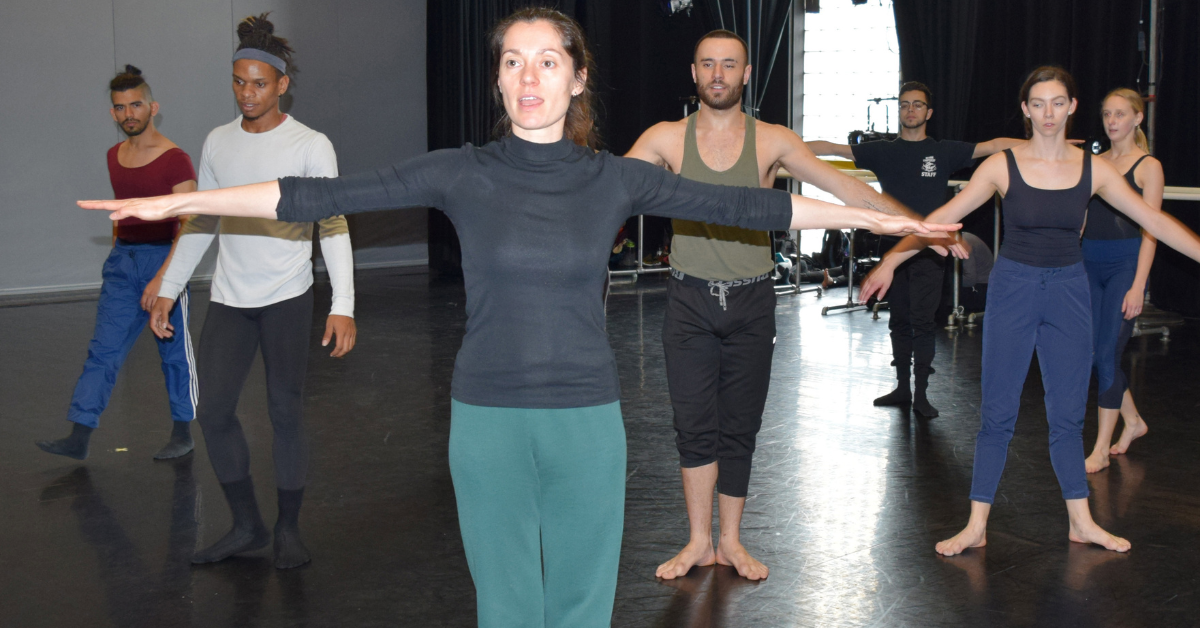
From Miami to Lincoln Center: Melissa Toogood Appointed Head of Juilliard Dance
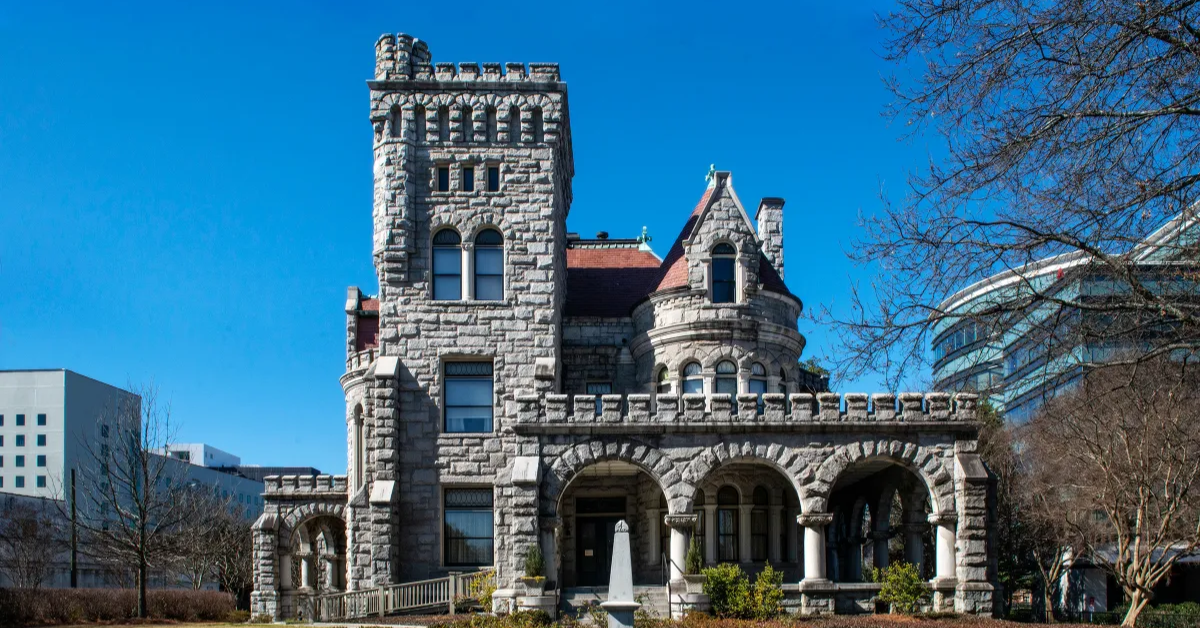
Historic Homes in Atlanta: A Timeline Through Architecture and Legacy

How to Live a More Cultural Lifestyle: Everyday Choices That Enrich Your World
